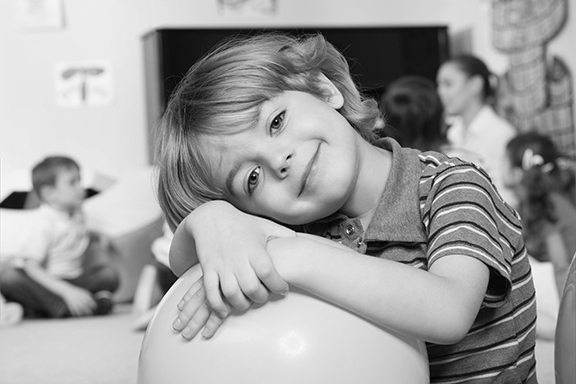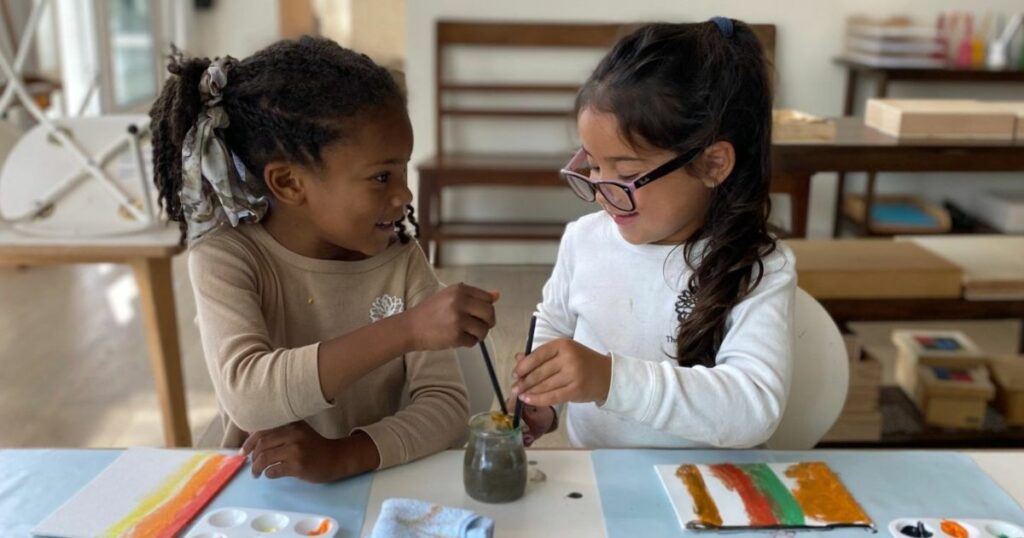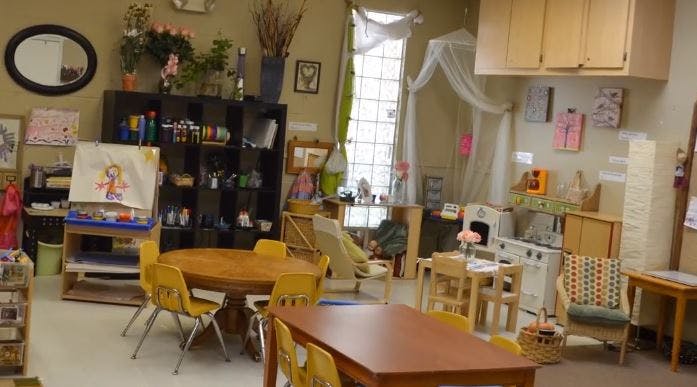Montessori Philosophy: The Genesis of a Revolutionary Pedagogical Approach
Born out of the vision of a woman with a relentless commitment to child-centred education, the Montessori Philosophy is a pedagogical approach that has transformed the landscape of global education. Originated by Dr. Maria Montessori, a passionate advocate of child development, this philosophy respects the individuality of each child, promoting self-discipline and autonomy.
Key Principles Guiding the Montessori Philosophy
The Montessori method is guided by a few key principles. These include the prepared environment, self-directed learning, and concrete learning. The Prepared Environment is a setting structured to allow children to learn at their own pace. Self-Directed Learning is encouraged, permitting children to make choices and explore areas of interest independently. Concrete Learning, a principle rooted in hands-on experiential learning, allows children to understand abstract concepts in a tangible way.
Montessori Philosophy: The Power of Hands-on Learning
The Montessori approach posits that children learn best when they engage in practical activities that bring abstract concepts to life. Children engage in a process known as the Work Cycle, which includes choosing an activity, engaging in the task, and returning the materials to their appropriate location. This process develops a deep sense of responsibility, discipline, and a love for learning.
Montessori Materials: Tools for Development
Integral to the Montessori method are specialized materials designed to facilitate sensory and cognitive development. Montessori materials, like the Pink Tower or the Golden Beads, foster self-correction, promote concentration, and provide tangible representations of abstract concepts.
The Montessori Prepared Environment: A Space for Discovery
At the heart of the Montessori philosophy is the Prepared Environment. This unique environment is meticulously arranged to stimulate learning. Every material, every piece of furniture, and every object has a purpose. Children are allowed to explore the environment freely, fostering their independence, and instilling a love for discovery and learning.
The Role of the Montessori Educator
In a Montessori setting, the teacher is often referred to as the Guide. The Guide observes the child, stepping in only when necessary. This fosters independence, encourages decision-making skills, and nurtures the child’s natural curiosity.
The Promise of Montessori Education
Implementing the Montessori philosophy in education leads to holistic development. With its focus on hands-on learning, self-discovery, and respect for each child’s individual pace, it ensures an enriching learning environment. Children nurtured under the Montessori philosophy tend to be creative, confident, and compassionate individuals who are prepared to tackle the challenges of the world.
Unleashing the Montessori Revolution
Dr. Maria Montessori’s revolutionary pedagogical approach offers a unique and enriching perspective on education. By putting children at the center of the learning process






